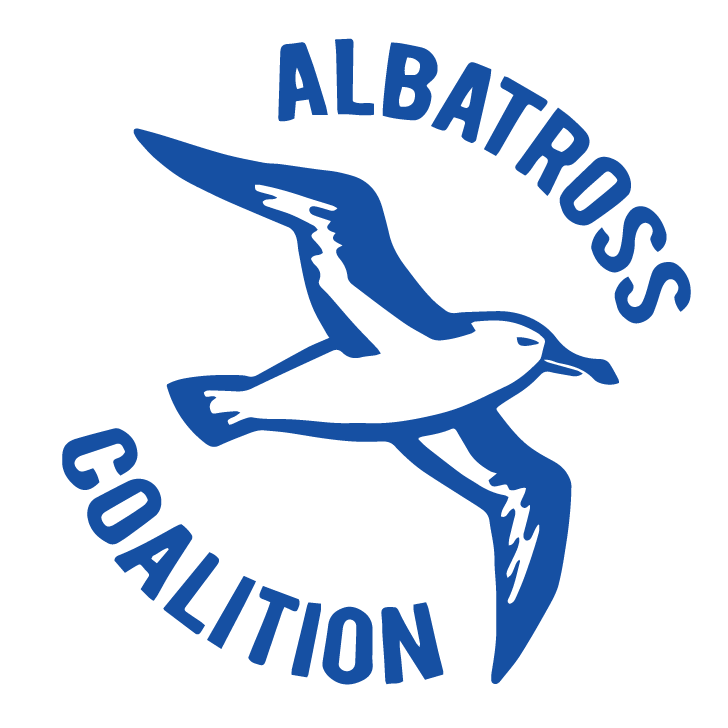Resolution to Embrace and Achieve Zero Waste
PDF Version WHEREAS, the first Earth Day was over 50 years ago. Recycling, its natural industrial child, was envisioned to complete the resource circle, save the wilderness, generate jobs, and build the back end of the Gross National Product (GNP) all at once; WHEREAS, the Earth calls us each and all to move swiftly towards…
